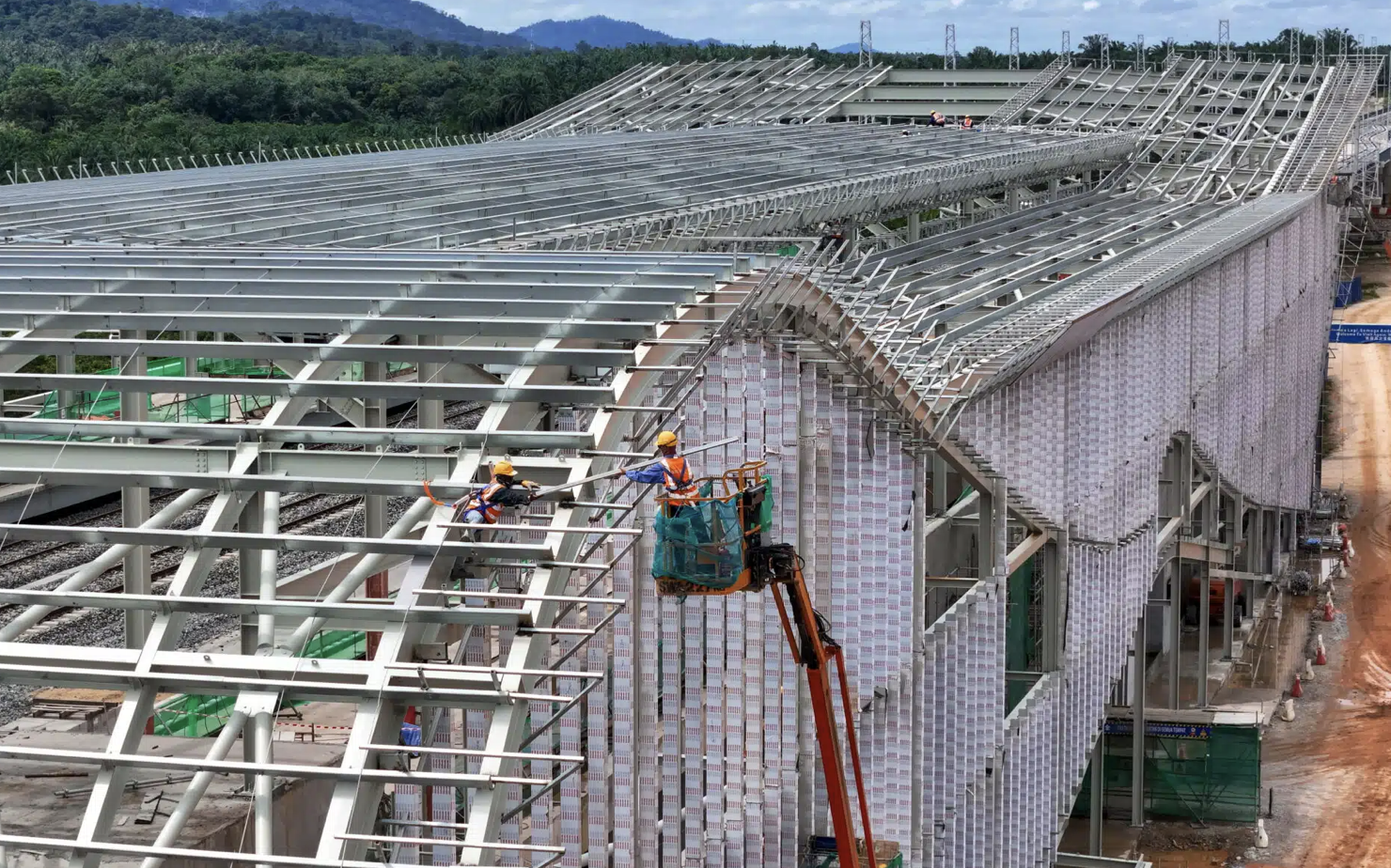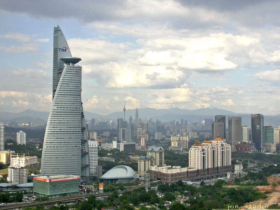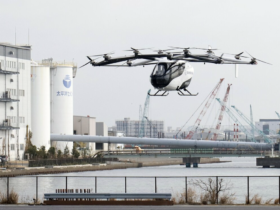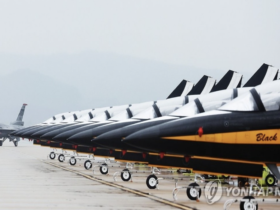KUALA LUMPUR, July 10 — The construction industry in Southeast Asia (SEA) is set to experience robust growth, with a compound annual growth rate (CAGR) of 6.2 per cent from 2024 to 2028, according to Kaspersky.
The company said the industry is increasingly adopting technologies such as artificial intelligence and automation to boost productivity and operational efficiency, though this digital shift also brings heightened cyber risks.
In a statement today, Kaspersky’s latest data for the first quarter of 2025 indicates a rise in the percentage of industrial control systems (ICS) computers in SEA on which malicious objects were blocked, especially in the construction and manufacturing sectors.
It said the construction sector in the region recorded a rate of 32.9 per cent, which is 1.5 times higher than the global average, while the manufacturing sector recorded 23.6 per cent or 1.3 times above the global average.
Overall, SEA ranks second globally in terms of the percentage of ICS computers on which malicious objects were blocked, at 29.1 per cent.
Kaspersky managing director for Asia-Pacific Adrian Hia said that as construction firms adopt digital technologies, they must strike a balance between risk and opportunity.
Businesses, he said, must comprehensively mitigate threats while leveraging these technologies to strengthen protection and resilience.
“In 2025 and beyond, digital industrial devices may become targets of cyberattacks due to outdated security measures. Remote facilities that rely on inexpensive network equipment are especially prone to exploitation.
“Consequently, revising cyber security measures for legacy and long-established technologies is more essential than ever,” he said.
He added that cyber security should not be viewed as a cost, but as an investment in business continuity, an insurance policy that protects assets and data while preserving the trust built with customers and partners.
To safeguard industrial operations, Kaspersky recommended that businesses conduct regular security assessments of their operational technology systems, identify and resolve cyber security issues, and implement continuous vulnerability assessments and triage as the foundation for an effective vulnerability management process.
It noted that Malaysia’s construction sector is poised for significant growth, with the market estimated at US$41.85 billion (RM177.96 billion) in 2025 and projected to rise to US$63.07 billion by 2030, at a CAGR of 8.55 per cent.





















Leave a Reply